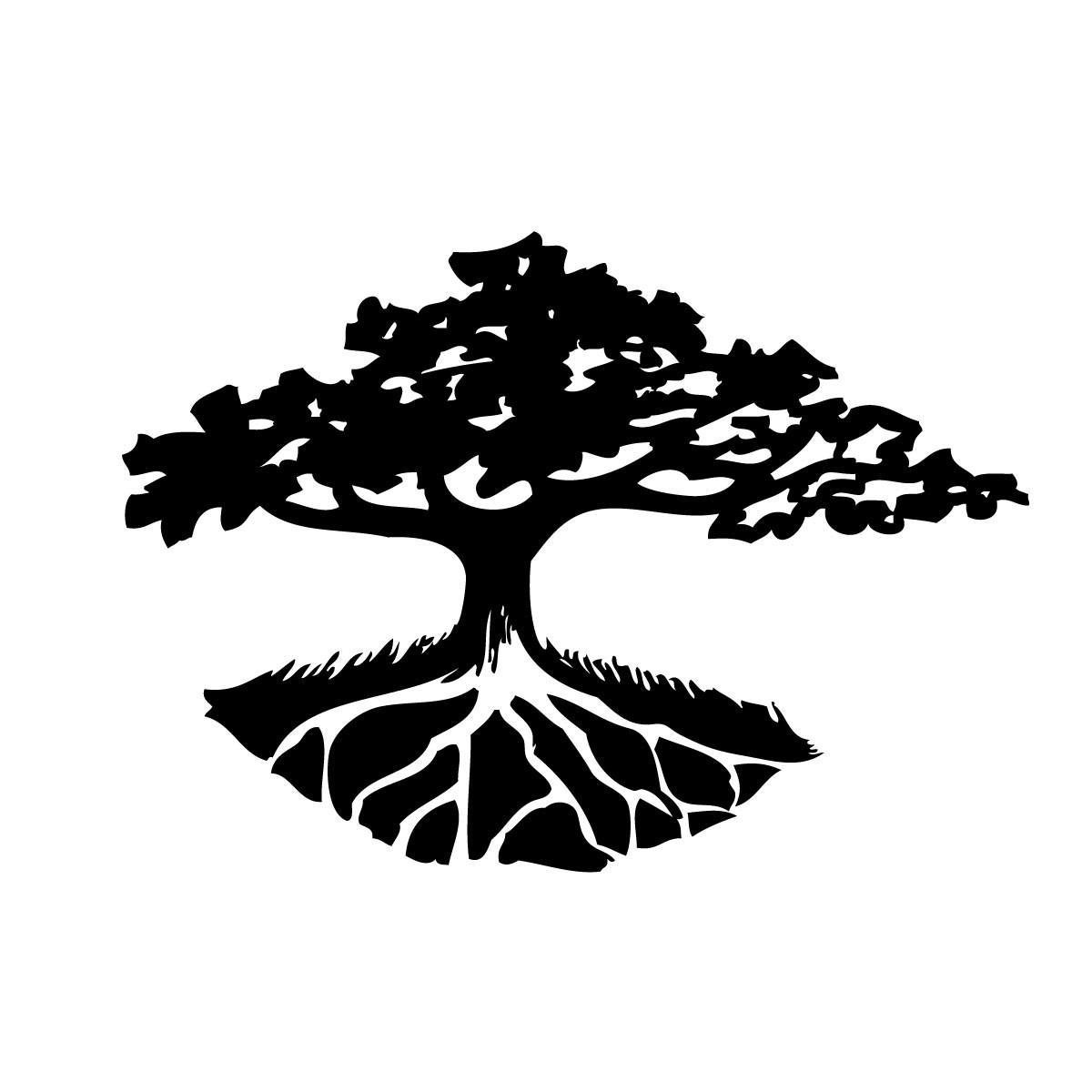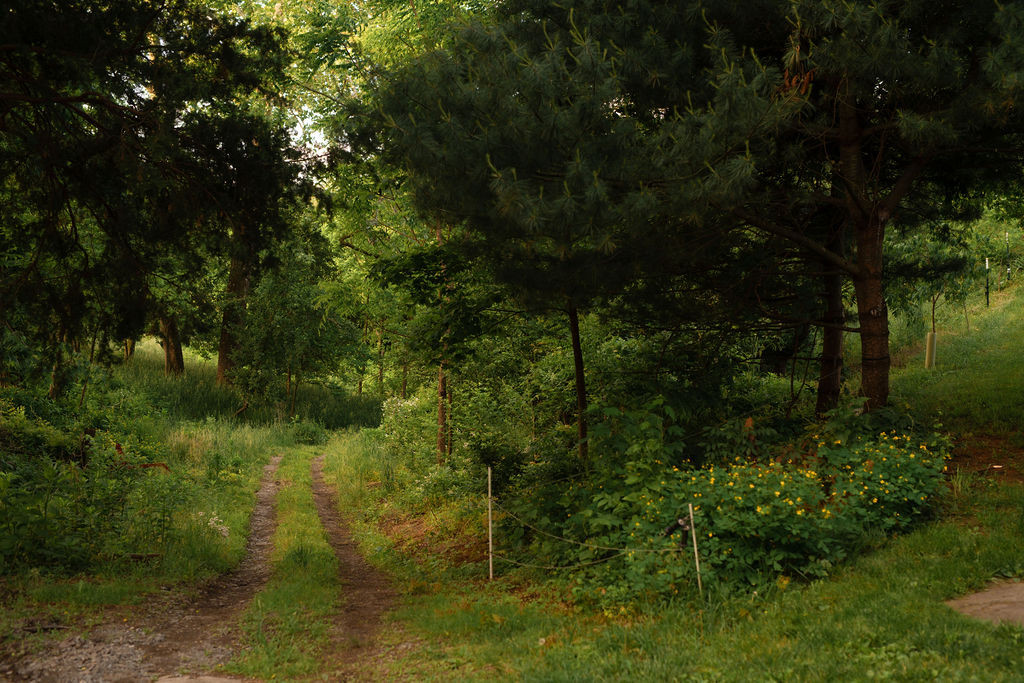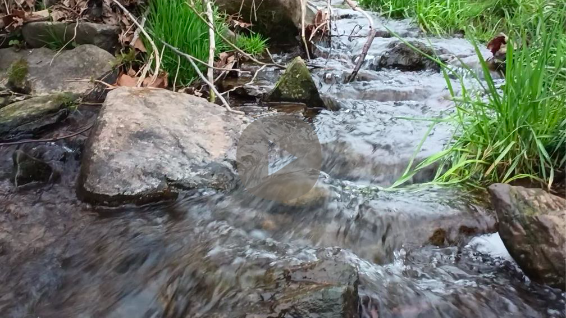The Quest For Maturity
posted on
June 9, 2025
The Quest for Maturity
- The Pattern. ‘Truth in progression’
To mature, is movement in the direction of transcending the script of any previous stage of maturity. It is a posture of ever expanding knowledge, growth and changing relationships and responsibility. In the natural, a significant stage of maturity is expressed quite often as the goal to reproduce. In fact, whether in the natural or the spiritual, whether plant, animal or human it appears the universal goal of the living organism is to reproduce after its kind. See also the pattern of ‘kind for kind’. However, reproduction is only one stage of many in the trajectory of maturity. There are many stages of development throughout the life cycle of all living organisms. Each stage is different, both in what’s required of the organism and the rules for engagement between the organism and its environment. It’s a bit of a social contract consisting of both spoken and unspoken rules for relationships. On one hand we might call these rules the laws of nature and on the other, the rules are cultural and social norms that guide and direct the path toward maturity both in the individual and the whole. See also the pattern of ‘Members & Wholes’.
These changing dynamics are vital in moving the infant toward adulthood or the seedling toward seed bearing. For example…we do not expect the infant to care for itself or others but we do expect the adult to. So also, different landscapes are in different stages of development. One landscape requires a certain type of care or management and another requires a different type of care and management depending on the stage of maturity they're in. Different rules for different stages. Different rules for different contexts. It seems that to mature it requires us to know which stage we're in and what our context is. As a child our parents or the adults inform us on both stage of life and context. As we age and subsequently mature, we learn to identify our context and what developmental stage we’re in so as to contribute properly to the body that we are part of.
The process of identifying context is only accomplished through relationships. Largely what the child learns to become an adult is how to properly navigate relationships between the many members of the whole that is its world. Plants and animals must do the same.
- The Principle
- Maturity is movement marked by transcending the script of the previous stage of maturity.
- All living things seek to mature.
- Maturity is made up of many stages of development.
- The past is the acting script for the current moment. It is one's center which all future actions are measured against.
- How you begin the journey is not a sufficient means for how you will end the journey. The operating system for today will need to be adapted for tomorrow.
- A new frame of mind is required for the next stage of maturity.
- Any previous stage of development or frame of mind is always more black and white than the next stage. Future stages of development always include more variables than the previous stage or frame of mind.
- The Practice
- How do we welcome a new frame of mind? As with a child we do not introduce maximum variety at the start. So also, organizations are wise not to seek maximum diversity in the beginning stages of development.
- Identify a few things and develop ideals, protocols and management practices that allow those few things to flourish. Those few things or few ideas or few concepts or certain culture that is developed in the early stage become one’s center from which they measure future growth and diversification against.
- Seeking maximum diversity too soon muddies the waters and we lose direction because there is nothing to measure direction and movement against. We need an anchor, temporal as it may be.
- Wisdom is to hold a long-term vision while knowing what stage you're in and managing accordingly.
- In the case of organizations that change leadership from time to time, incoming leaders must identify what stage the organism is in. Failing to understand the season and stage will result in mismanagement and some kind of regression.
- Play or take a risk. To play is a bit of an explorative endeavor. Testing the waters of the unknown is best done through play just the way a child explores its environment. Don’t take yourself too seriously. You’ll make mistakes and you will get hurt from time to time.



